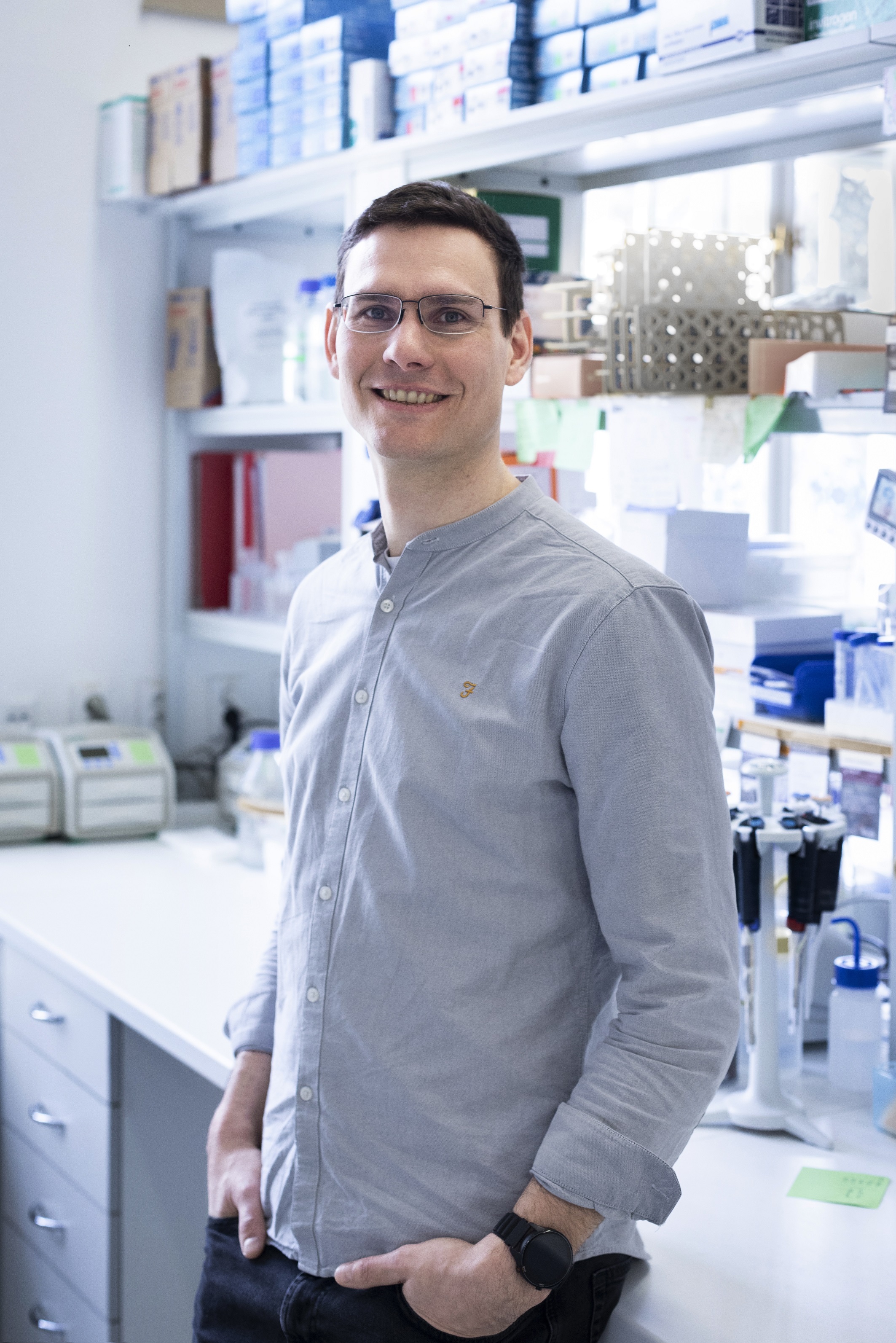What determines how much scar tissue one develops in the liver when suffering from liver disease (so-called fibrosis)?” A little fibrosis is normal and helps repair after injury, but often the fibrosis escalates, leading to liver failure. To answer this, researchers from Faculty of Science, Charles University, Jan Mašek, Ph.D. and colleagues, and Karolinska Institute studied a genetic disease called Alagille syndrome, which is characterized by surprisingly mild liver fibrosis despite severe liver disease (pericellular fibrosis instead of bridging).

Dr. Jan Mašek attempt to answer this question started at the Karolinska Institute during his postdoc in the laboratory of Dr. Emma R. Andersson and reached completion after establishing his laboratory at Charles University. Invaluable was the collaboration with immulogists from Prof. Niklas Björkström at Karolinska Institute, and Dr. Jan Dobes’ lab from Charles University, and hepaotlogists from Dr. Martin Gregor’s lab from the Institute of Molecular Genetics in Prague.
 “Just like in patients, we have now discovered that the mouse model exhibits unusually mild liver fibrosis. We have used single-cell RNA sequencing and transplantation of immune cells from the mouse model into a completely different model of liver disease. Through these experiments, we have discovered that the immune system in patients with Alagille syndrome suppresses the formation of scar tissue in the liver. We believe that these findings may be of general interest for treating liver fibrosis, for example by manipulating the immune system in patients with liver fibrosis." says Jan Mašek and Emma R. Andersson who led the team of international researcher collaborators.
“Just like in patients, we have now discovered that the mouse model exhibits unusually mild liver fibrosis. We have used single-cell RNA sequencing and transplantation of immune cells from the mouse model into a completely different model of liver disease. Through these experiments, we have discovered that the immune system in patients with Alagille syndrome suppresses the formation of scar tissue in the liver. We believe that these findings may be of general interest for treating liver fibrosis, for example by manipulating the immune system in patients with liver fibrosis." says Jan Mašek and Emma R. Andersson who led the team of international researcher collaborators.
Students interested in undergrad/PhD or postdoc position in Laboratory of Intercellular Communication can contact Jan Mašek via email.
https://doi.org/10.1038/s44321-024-00145-8






















